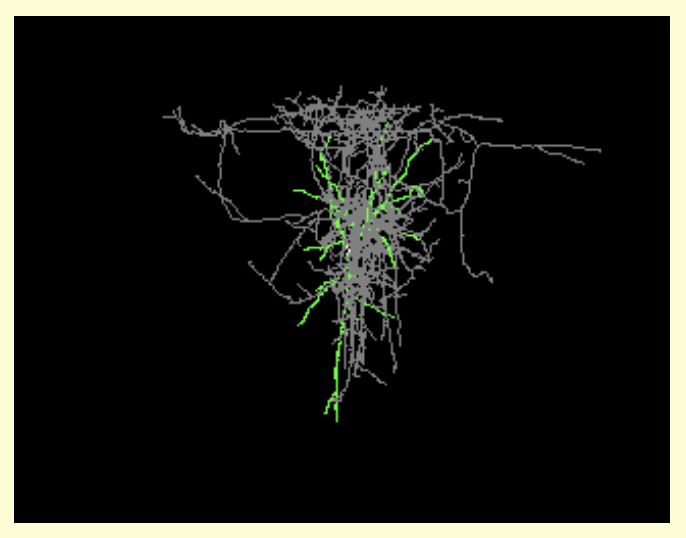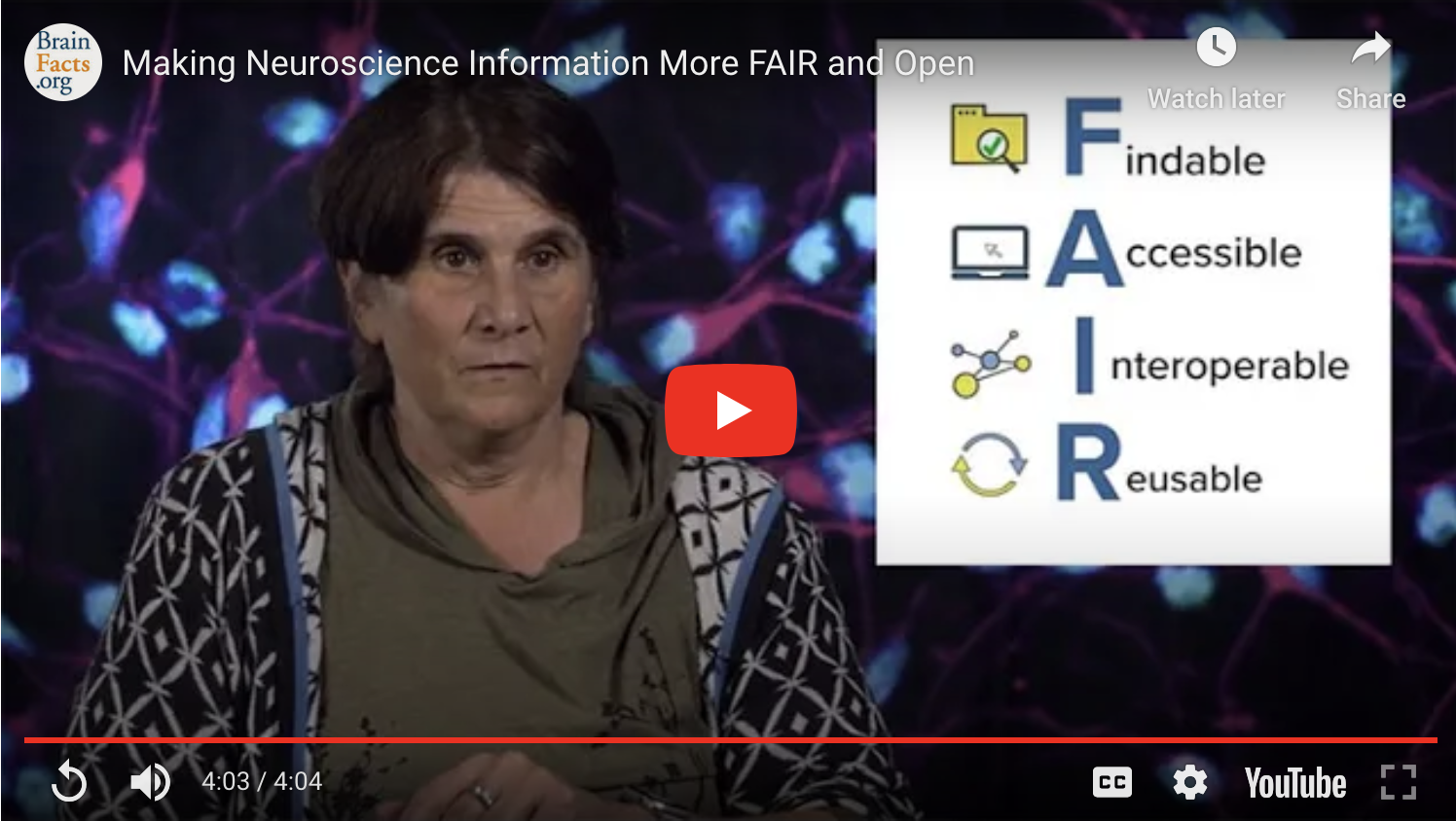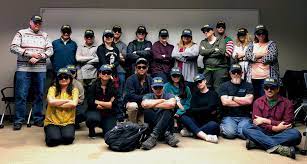iPS cell generation-associated point mutations include many C > T substitutions via different cytosine modification mechanisms.
Genomic aberrations are a critical impediment for the safe medical use of iPSCs and their origin and developmental mechanisms remain unknown. Here we find through WGS analysis of human and mouse iPSC lines that genomic mutations are de novo events and that, in addition to unmodified cytosine base prone to deamination, the DNA methylation sequence CpG represents a significant mutation-prone site. CGI and TSS regions show increased mutations in iPSCs and elevated mutations are observed in retrotransposons, especially in the AluY subfamily. Furthermore, increased cytosine to thymine mutations are observed in differentially methylated regions. These results indicate that in addition to deamination of cytosine, demethylation of methylated cytosine, which plays a central role in genome reprogramming, may act mutagenically during iPSC generation.
Pubmed ID: 38862540 RIS Download
Research resources used in this publication
- AAV-shRNA-Tet2 (RRID:Addgene_85743) (plasmid)
- pcDNA3-Tet2 (RRID:Addgene_60939) (plasmid)
- pMXs-c-Myc (RRID:Addgene_13375) (plasmid)
- pMXs-Sox2 (RRID:Addgene_13367) (plasmid)
- pMXs-Klf4 (RRID:Addgene_13370) (plasmid)
- pMXs-Oct3/4 (RRID:Addgene_13366) (plasmid)
- AAV-shRNA-Tet1 (RRID:Addgene_85742) (plasmid)
- pcDNA3-Tet1 (RRID:Addgene_60938) (plasmid)
Additional research tools detected in this publication
Antibodies used in this publication
None foundAssociated grants
- Agency: Wellcome Trust, United Kingdom
- Agency: Japan Agency for Medical Research and Development (AMED),
Id: JP23zf0127008 - Agency: MEXT | Japan Society for the Promotion of Science (JSPS),
Id: KAKENHI 21H02689
Publication data is provided by the National Library of Medicine ® and PubMed ®. Data is retrieved from PubMed ® on a weekly schedule. For terms and conditions see the National Library of Medicine Terms and Conditions.
This is a list of tools and resources that we have found mentioned in this publication.
Addgene (tool)
RRID:SCR_002037
Non-profit plasmid repository dedicated to helping scientists around the world share high-quality plasmids. Facilitates archiving and distributing DNA-based research reagents and associated data to scientists worldwide. Repository contains over 65,000 plasmids, including special collections on CRISPR, fluorescent proteins, and ready-to-use viral preparations. There is no cost for scientists to deposit plasmids, which saves time and money associated with shipping plasmids themselves. All plasmids are fully sequenced for validation and sequencing data is openly available. We handle the appropriate Material Transfer Agreements (MTA) with institutions, facilitating open exchange and offering intellectual property and liability protection for depositing scientists. Furthermore, we curate free educational resources for the scientific community including a blog, eBooks, video protocols, and detailed molecular biology resources.
View all literature mentionsHipSci (tool)
RRID:SCR_003909
A UK national induced pluripotent stem (iPS) cell resource that will create and characterize more than 1000 human iPSCs from healthy and diseased tissue for use in cellular genetic studies. Between 2013 and 2016 they aim to generate iPS cells from over 500 healthy individuals and 500 individuals with genetic disease. They will then use these cells to discover how genomic variation impacts on cellular phenotype and identify new disease mechanisms. Strong links with NHS investigators will ensure that studies on the disease-associated cell lines will be linked to extensive clinical information. Further key features of the project are an open access model of data sharing; engagement of the wider clinical genetics community in selecting patient samples; and provision of dedicated laboratory space for collaborative cell phenotyping and differentiation.
View all literature mentionsSTAR (tool)
RRID:SCR_004463
Software performing alignment of high-throughput RNA-seq data. Aligns RNA-seq reads to reference genome using uncompressed suffix arrays.
View all literature mentionsQIAGEN (tool)
RRID:SCR_008539
A commercial organization which provides assay technologies to isolate DNA, RNA, and proteins from any biological sample. Assay technologies are then used to make specific target biomolecules, such as the DNA of a specific virus, visible for subsequent analysis.
View all literature mentionsDESeq2 (tool)
RRID:SCR_015687
Software package for differential gene expression analysis based on the negative binomial distribution. Used for analyzing RNA-seq data for differential analysis of count data, using shrinkage estimation for dispersions and fold changes to improve stability and interpretability of estimates.
View all literature mentionsC57BL/6J (tool)
RRID:IMSR_JAX:000664
Mus musculus with name C57BL/6J from IMSR.
View all literature mentionsC57BL/6J (tool)
RRID:IMSR_JAX:000664
Mus musculus with name C57BL/6J from IMSR.
View all literature mentions




